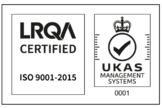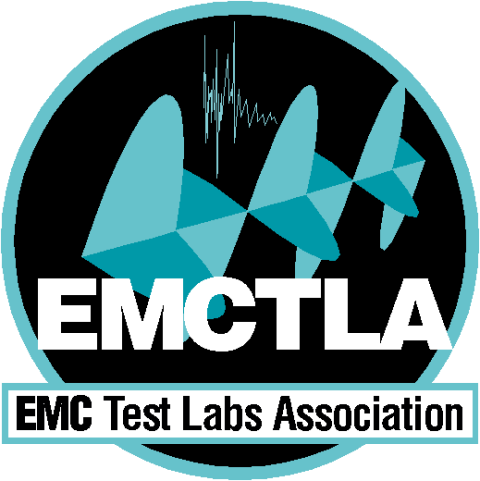An introduction to the Automotive EMC Regulations
Updated for 2020 – Now covering UNECE R10.06 and including PHEV & EV
Almost all electrical and electronic devices fitted to most road-going vehicles, including after-market equipment, have to comply with UNECE Regulation 10.06 on Electromagnetic Compatibility.
Automotive EMC Directive 2004/104/EC was repealed in November 2014 and since then vehicle and component EMC certification has been via ECE Regulation 10.
ECE Regulation 10.06 contains specific requirements for the EMC testing and certification of electric and plug-in hybrid vehicles (PHEV), particularly the components that interface to the mains power supply or off-vehicle charging equipment. These tests can be performed either on the whole vehicle or component parts.
Some components, e.g. aftermarket components with no immunity related functions, for vehicles can be ‘CE’ marked to the general EMC Directive, but must still meet the technical requirements specified in ECE 10.06. A harmonised standard (EN 50498) has been produced to encapsulate these requirements.
Other components must be ‘E’ marked to the UNECE requirements, needing third-party testing and approval granted by the Department of Transport of a Member State. Self-certification is not an option.
This automotive EMC training course provides an introduction to the current set of Automotive EMC standards and UNECE Regulation 10.06. It also includes an in-depth treatment of some of the failings of the standards when applied to more modern technology, and relevant immunity and emissions requirements.
This course is available on request at a location of your choice. Please contact our York office on 0330 430 3456 or email enquiryyork@eurofins.com to enquire.
What is it about?
- Automotive EMC phenomena and typical voltage/field strength values
- Test standards for the radio frequency phenomena
- History behind the previous European legislation
- Type approval and marking requirements for UNECE Regulation 10.06
- Changes to ENECE R 10.06 that cover PHEV and EV specific applications
The course will explain the full details, both technical and legal, relating to the UNECE Regulation 10 so that participants will have a full understanding of how it affects them.
It will also explain the technical limitations of the Regulation, what limitations still exist, and why manufacturers may need to exceed its requirements.
Who should attend?
- EMC test and design engineers
- Engineers working for automotive vehicle and component (including electric vehicles) manufacturers
- Engineers and sales/marketing directors working for aftermarket manufacturers
- Engineers involved in legislation and type approval
What will I achieve?
- An in-depth understanding of Automotive EMC legislation and how it differs from commercial EMC legislation
- An understanding of which standards / Directives and Regulations to apply to which vehicles
- The chance to ask questions of the lecturer who has played a key part in formulating the automotive EMC legislation
Key benefits
- Explains the Automotive EMC environment and how it differs from the commercial/industrial EMC environments
- The type approval and marking requirements of the Regulations are discussed in detail, in particular the mechanism of obtaining an ‘E’ mark approval
- Explains the technical requirements for radiated emissions, radiated immunity and transient emissions/ immunity for the Regulations
- Six continuing professional development (CPD) hours* for chartered engineers or those working towards their chartered status
*Please note that the IET requirement is now 30 hours per year and can be monitored.












